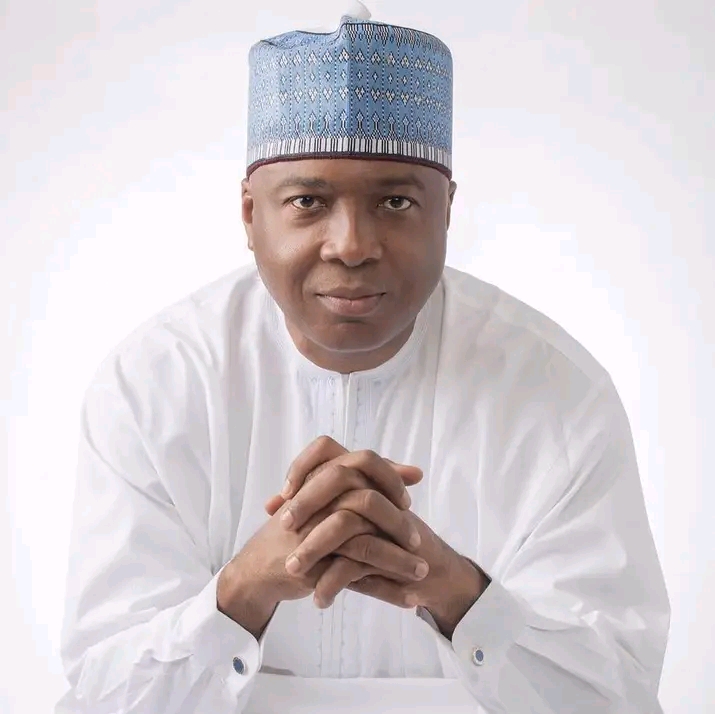A Tale of Two Legislators: Diverging Legacies of Development By Kolawole Kazeem

When Bukola Saraki and Femi Gbajabiamila secured top legislative posts, their constituents hoped they would use their power to uplift local communities. Yet, as Saraki battled the president, leaving Kwara underdeveloped, Gbajabiamila funneled resources into impactful projects for his constituents. This contrast spotlights the critical difference between self-interest and selfless service in leadership. While one leader lost sight of his duties amidst political quarrels, the other clung to them, bettering lives district by district. Their divergent choices carved indelible legacies—one of wasted potential, the other of real change. This is the tale of two legislators who held the same sway yet wielded it in radically different ways, with repercussions still felt by the people who raised them up.
Saraki rose to power on the coattails of his father Olusola Saraki’s legacy as governor of Kwara. Bukola Saraki’s purported development of the state, which is far from the truth during that time, led Kwarans, who had been blinded before Otoge, to elect him senator. So when he became Senate President, the third-highest government role, his constituents hoped that as a native son, he would prioritize development at home.
However, instead of putting aside his differences with President Buhari to facilitate growth in Kwara, Saraki spent his tenure embroiled in conflict with the president, raising questions about his commitment to his constituency versus his self-interest.
In contrast, Femi Gbajabiamila’s reign as Speaker of the House of Representatives left a lasting developmental legacy in his home state of Lagos. He spearheaded initiatives like the Bode Thomas Police Station, Dualised Babs Animashaun Road and Census Bridge, Sam Shonibare Community Development Centre, Surulere, Femi Gbajabiamila General Hospital, Iyun Road, Surulere. Other notable projects like the Femi Gbajabiamila Hall of Residence, UNILAG, National Open University of Nigeria (NOUN), Surulere Campus, Femi Gbajabiamila Mini Stadium, Orile, Reconstructed Randle Avenue, Surulere were also initiated by the 9th speaker. These projects addressed specific community needs and will continue to benefit his constituents long after Gbajabiamila’s speakership.
Unlike Saraki, Gbajabiamila kept laser-focused on bringing resources and improvements to his home region, wielding his significant influence to connect national governance to grassroots priorities through hands-on work. His hands-on work contrasts clearly with Saraki’s inaction in Kwara.
The scandal surrounding Saraki’s election as Senate President also continues to plague his reputation and, by extension, that of Kwarans. Rather than earning the position through merit, he obtained it through dubious means, further undermining confidence in his selfless commitment to public service.
When destiny grants leaders the power to shape lives, the path they choose writes history. While one legacy tells a tale of progress, the other writes an elegy for promise unfulfilled.
As we stand surrounded by the ruins of lost potential in Kwara, shall we redeem the progenitor of this legacy in hopes that he may yet rebuild? Or will we leave the rubble where it lies, a cautionary monument, and seek leaders whose incentives align with uplifting the people they represent? The answer echoes in the hollow halls of power left vacant. The choice before us now must write a new chapter.
Kolawole Kazeem is from Ilorin and could be reached via kolawolekz11@gmail.com






